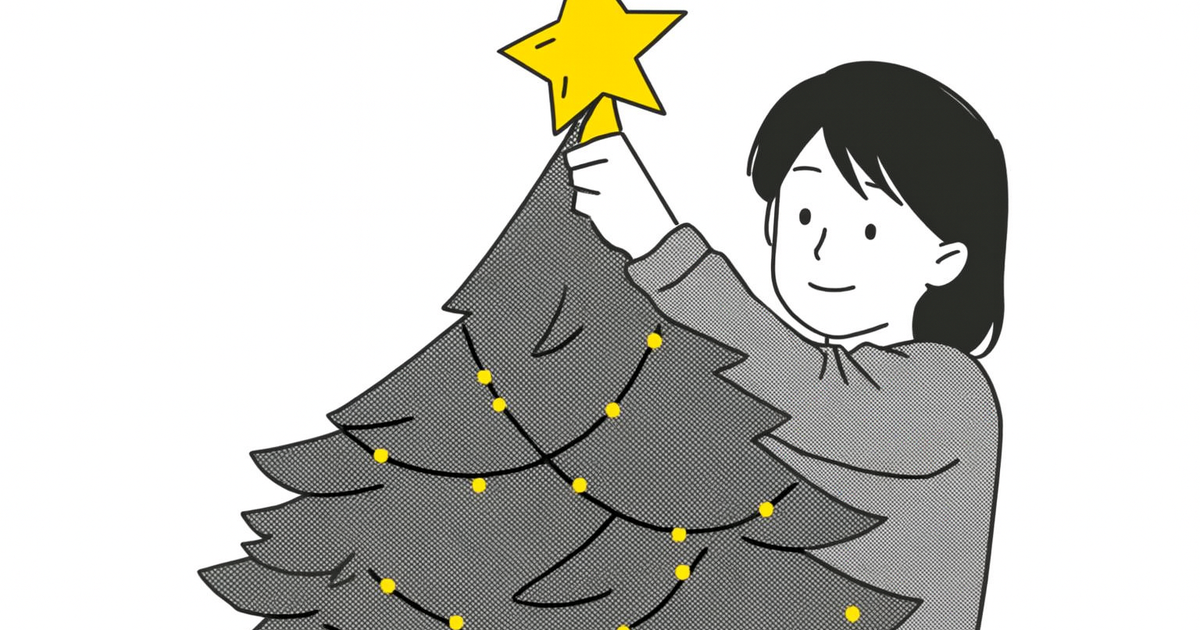September has always been that month for me. The one that feels oddly polarizing. It’s when I lost my mother, but also when I met my husband. A season that holds both grief and love, heaviness and renewal, leaving me at once restless and still. It’s as if September keeps nudging me toward change while making it hard to take the next step.
One particularly heavy day, I decided to put up our Christmas tree. It was always my mom’s indulgence, the one ritual she never let go of no matter how difficult the year had been. As I unwrapped the ornaments one by one, arranging them on the branches, I found a strange comfort in the repetition. Each ornament felt like a fragment of memory, and with every piece I placed, I felt myself breathing a little easier.
My husband asked me then: Why do Filipinos celebrate Christmas so early? It’s a fair question, and one I couldn’t answer with history books or cultural milestones. There isn’t really a formal reason, only a shared impulse. We are known the world over for it, for stretching the season as far as we can. Maybe it’s because we’ve grown used to hardship, and Christmas is our way of looking forward, of insisting on joy before the year is even done. In a country where so little seems to change, where days can feel unbearably bleak, Christmas becomes more than a holiday—it is a way of moving on.
But moving on isn’t always enough. This year, as voices rise against corruption and betrayal, I find myself thinking about Christmas differently. At its heart is Christ, the one who stood with the poor, who believed in justice, who overturned the tables of the powerful. If Christmas is to mean anything, it should remind us not only to endure but to act.
Maybe this ber season, hope should be less about getting by and more about remembering. Less about survival, more about change. Because joy without justice is shallow, and hope is truest when it moves us forward.

